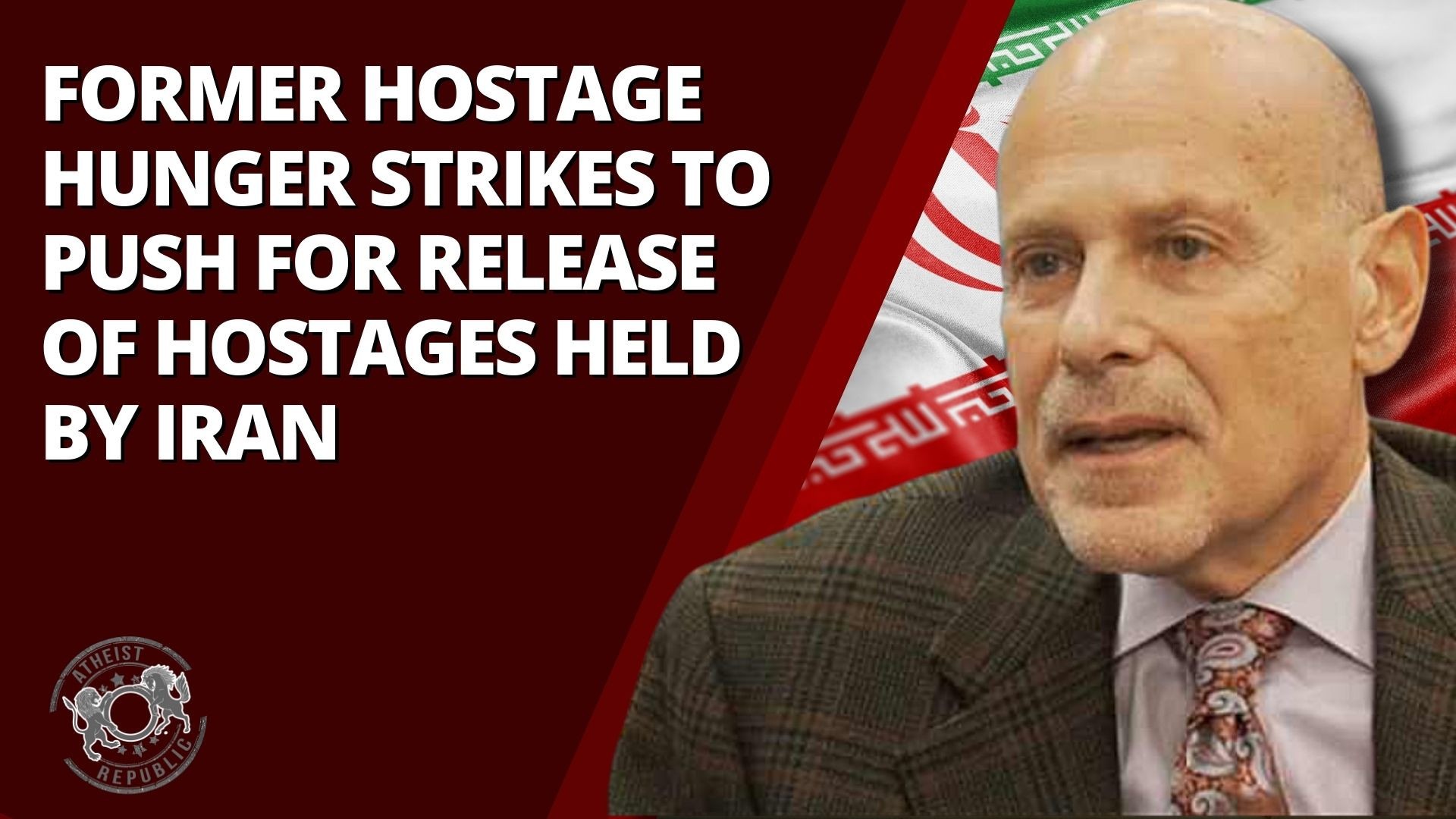
In a video posted on Twitter on January 16, Barry Rosen, a former U.S. Diplomat among the 52 Americans held hostage during the U.S. Embassy attack in Tehran in 1979, announced his plans to go on a hunger strike. The hunger strike coincides with the 41 year anniversary of Rosen’s release after 444 days in Iranian custody.
I am starting a hunger strike this week in Vienna, 41 years after my release, to demand the release of all hostages being held by #Iran. They are human beings, not bargaining chips. Their freedom should come before we make any deals with an untrustworthy regime. #FreeTheHostages pic.twitter.com/zKqhcKJ7uk
— Barry Rosen (@brosen1501) January 17, 2022
Rosen’s hunger strike is taking place at the Palais Coburg hotel in Vienna, Austria, where negotiations resumed on January 3 between the “P5+1” (the United States, the United Kingdom, France, Russia, China, and Germany) and Iran on reviving the 2015 Iran nuclear deal. Rosen claims that Iran uses their dual-citizen hostages as “bargaining chips” that act as leverage against western countries.
Rosen has been lobbying for stricter sanctions against Iran and strongly opposed any nuclear agreement with Tehran. “It’s clear to me that the release of the hostages can only take place if the United States, and countries like the U.S. pressure Iran,” Rosen said. “My message is simple, no deal with Iran unless the hostages are free,” he said.
Day 5 of my hunger strike - feeling very weakened now but buoyed by my fellow hunger-strikers @ZakkaNA #anooshehashoori @JamshidBarzegar and others. All hostages, former hostages and their families stand in solidarity #FreetheHostages pic.twitter.com/ZsahhoszxG
— Barry Rosen (@brosen1501) January 23, 2022
Rosen also called out to everyone to use the #FreeTheHostages to gain more support. “The more voices we have, the stronger we’ll get,” Rosen added.
In an interview with Radio Farda, Rosen said he has “dedicated myself to the safety of hostages, and I want them released as soon as possible.” He also recommended adding a condition to whatever agreement the Vienna discussion will have. “If there’s a deal with Iran, and if Iran does take hostages again, then the deal should be off,” Rosen said.
Rosen’s hunger strike quickly gained traction. Anousheh Ashouri, a British-Iranian businessman, held in Iran under alleged espionage charges since 2017, is also going on a hunger strike in Iran’s Evin prison in solidarity with Rosen’s plans.
stand for #Freedom against #IRGCterrorists https://t.co/6HzFuc8IgX
— (@Puc01829930) January 24, 2022
Other activists and journalists also joined Rosen’s hunger strike, including Nizar Zakka, who was arrested in Iran in 2015 and was held for more than four years. Jamshid Barzegar, a UK-based Iranian poet, writer, and journalist, has also joined Rosen.
Speaking to Reuters on January 23, Rosen, along with Robert Malley, the U.S. Special Envoy for Iran, announced that the release of the hostages will become a “precondition for a nuclear agreement.” However, Malley insisted that these two issues are separate but are equally being addressed. “But I will say it is very hard for us to imagine getting back into the nuclear deal while four innocent Americans are being held hostage by Iran,” Malley added.
